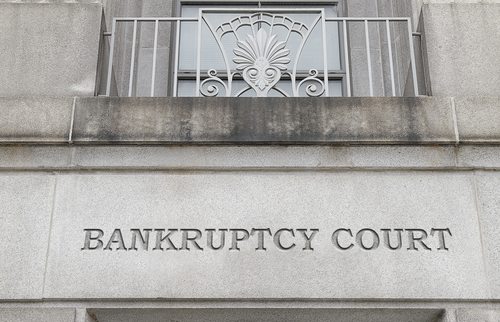
April 26, 2016; Solar Industry
A nonprofit has filed suit against an energy company that has declared bankruptcy, claiming that the SunEdison Foundation owes it $2 million in pledged donations.
GRID Alternatives, which was being supported for its programs on developing workplace diversity in the solar industry and on providing access to solar power in low-income communities, filed a claim in Alameda County Superior Court in California one day after SunEdison, an Alameda renewable energy company, filed for bankruptcy.
Erica Mackie, GRID Alternatives’ CEO, says that the SunEdison Foundation made a two-year pledge totaling $5 million in February 2015 of cash and in-kind solar module donations, that GRID Alternatives has only received around $3 million, and SunEdison did not meet its two most recent donation deadlines.
Sign up for our free newsletters
Subscribe to NPQ's newsletters to have our top stories delivered directly to your inbox.
By signing up, you agree to our privacy policy and terms of use, and to receive messages from NPQ and our partners.
“GRID is filing this claim to request that the remainder of the commitment is fulfilled, so that we can continue to serve our communities with these important initiatives,” says Mackie, who is nonetheless also quick to express gratitude to the company:
SunEdison’s philanthropic donations have enabled thousands of Americans to reap solar energy’s benefits through lower utility bills, reduced emissions and good jobs. Everyone at SunEdison, from its CEO to countless staffers throughout the company, has helped support our work toward a clean energy transition that includes everyone. We are grateful for their dedication to our mission, and we empathize with anyone affected by the company’s bankruptcy filing.
The SunEdison Foundation is the largest financial backer of the RISE and Women in Solar initiatives, the two projects supported by the pledge, but Mackie says that GRID Alternatives is not worried about the continuation of those programs without the money. “If the foundation’s remaining commitments are not met, we will work with existing and potential philanthropic supporters to identify new funding to ensure that individuals in underserved communities are provided access to solar training and jobs,” she concludes.
GRID Alternatives’ lawsuit is only one of a number of lawsuits filed by creditors against SunEdison, which does not seem irked by the court action. Such lawsuits are a common way for creditors to protect their interests as a bankruptcy court determines who gets what in a reorganization or dissolution.—Ruth McCambridge











